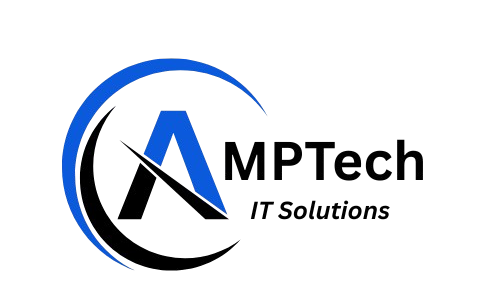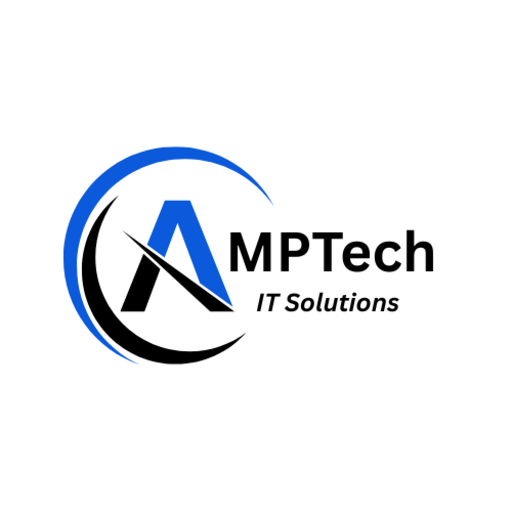When it comes to enterprise resource planning (ERP) and customer relationship management (CRM), three platforms dominate the conversation: Salesforce, SAP, and Oracle E-Business Suite (EBS). Each offers a powerful suite of tools, but choosing the right one depends on your business’s unique needs, size, industry, and future goals.
In this blog, we’ll compare these three enterprise giants and guide you through the key considerations for selecting the best fit for your organization in 2025.

Why Choosing the Right Enterprise Platform Matters
Your enterprise platform acts as the digital backbone of your business. It integrates core functions like finance, sales, HR, supply chain, and customer service—helping you operate more efficiently, make data-driven decisions, and scale faster.
A poor fit can lead to wasted resources, frustrated teams, and stalled growth. A well-chosen platform, on the other hand, can transform operations and drive innovation.
- Salesforce: The CRM Powerhouse
🔹 Best For:
Businesses focused on sales, marketing, and customer service.
Companies that want deep CRM functionality with flexibility and scalability.
🔹 Key Strengths:
Market-leading CRM with powerful automation and AI (Salesforce Einstein).
Extensive AppExchange ecosystem and third-party integrations.
Strong customer engagement and lead management tools.
🔹 Scalability and Customization:
Highly customizable with tools like Salesforce Flow and Apex.
Ideal for businesses that want to build tailored workflows and applications.
🔹 Considerations:
May require significant investment in customization and training.
Licensing costs can be high as usage expands.
- SAP: The End-to-End ERP Giant
🔸 Best For:
Large enterprises and global corporations.
Businesses with complex supply chains and manufacturing operations.
🔸 Key Strengths:
Comprehensive ERP modules including finance, procurement, logistics, and HR.
Deep industry-specific capabilities (e.g., automotive, retail, healthcare).
Robust data analytics integration (SAP Business Technology Platform).
🔸 Scalability and Customization:
Highly scalable and suited for multinational operations.
SAP S/4HANA offers real-time insights and faster data processing.
🔸 Considerations:
Implementation can be complex and time-consuming.
Often requires a high level of IT support and partner involvement.
- Oracle EBS: The Trusted Legacy ERP
⚙️ Best For:
Established companies with traditional enterprise structures.
Businesses needing a mature, proven ERP system for finance and operations.
⚙️ Key Strengths:
Strong financial, procurement, HR, and supply chain modules.
Deep integration with Oracle’s database and cloud infrastructure.
Reliable for organizations with strict compliance needs.
⚙️ Scalability and Customization:
Scales well but often requires more IT support than cloud-native platforms.
Extensive customization options via Oracle development tools.
⚙️ Considerations:
Slower to adopt modern UI/UX trends.
May be seen as legacy compared to newer cloud-native platforms.
Key Factors to Consider When Choosing
- Your Business Size and Complexity
Salesforce’s cloud focus and speed of setup may make it the preferred choice for small to mid-sized businesses.
Larger, global enterprises may lean toward SAP or Oracle EBS for depth and scale.
- Departmental Needs
Need a sales-driven platform? Salesforce is ideal.
Need strong finance and operations control? Oracle or SAP may suit you better.
- Integration Requirements
Think about the platform’s compatibility with current tools.
Check API availability and third-party ecosystem support.
- Budget and Resources
Factor in total cost of ownership: licensing, implementation, training, and maintenance.
Don’t just choose the cheapest—choose the most cost-effective for long-term needs.
- Cloud Readiness
If you’re going cloud-first, Salesforce and SAP’s cloud solutions are more modernized.
Oracle Cloud Infrastructure is catching up but may involve more transition effort.
Conclusion
Choosing between Salesforce, SAP, and Oracle EBS isn’t about picking the “best” platform—it’s about finding the right fit for your business. Think about your objectives, team composition, technical prowess, and expansion strategies. Whether you need a cutting-edge CRM, a robust ERP, or something in between, the right enterprise platform can accelerate digital transformation and fuel smarter business decisions.






Comments (2)
Obila Doe
Our infrastructure management approach is holistic, addressing capacity monitoring, data storage, network utilisation, asset lifecycles, software patching, wired and wireless networking and more.
James Weighell
A hosted desktop solution allows for the delivery of a consistent and scalable IT experience for all users in an organisation. With this solution, users gain access via a desktop icon or link.